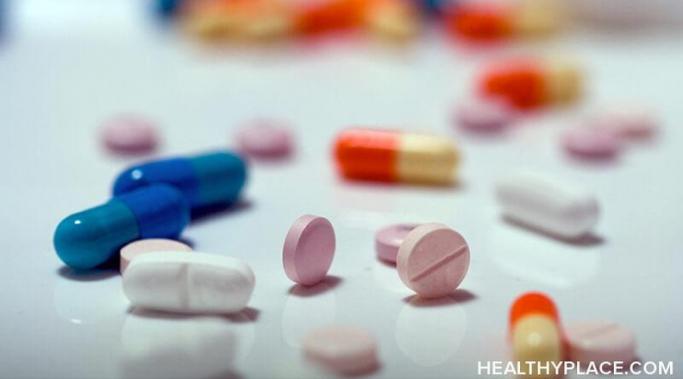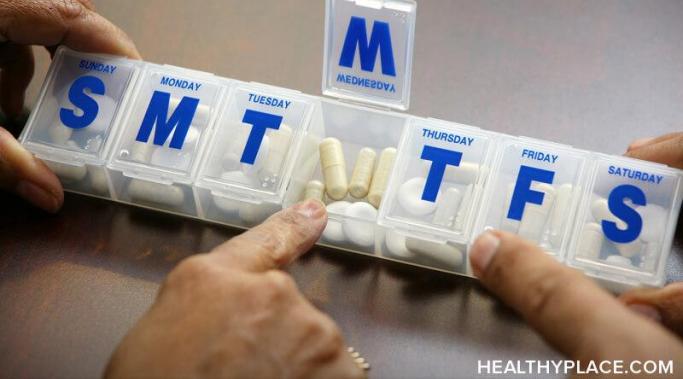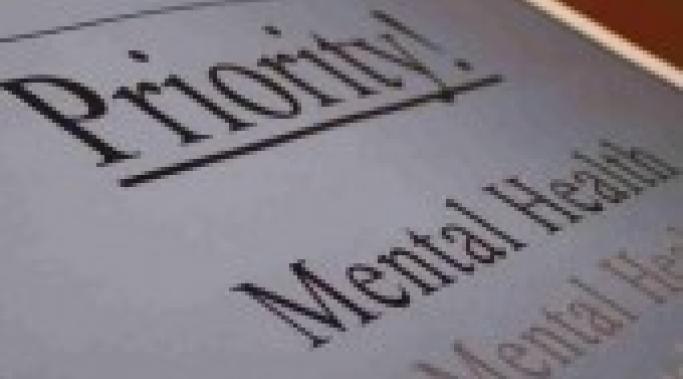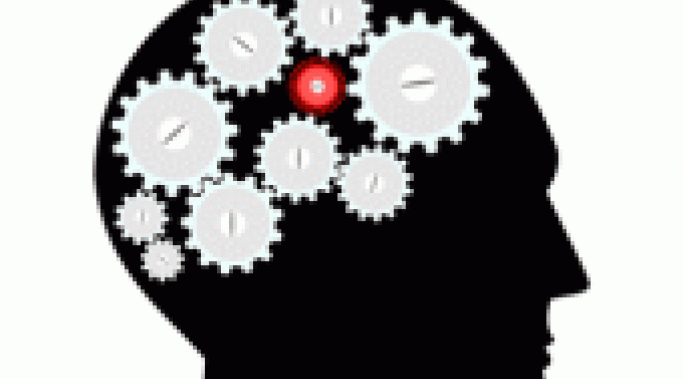Recovering from a mental illness is already hard, but being prescribed the wrong mental health medication makes the experience even harder. In the past, I have been prescribed the wrong mental health medications, and I’ve heard many stories of others who have had to deal with the same situation. Being medicated incorrectly can be harmful, so speaking up when there’s something wrong is critical.
Managing Bipolar Disorder
Admitting that I miss my manic symptoms has been difficult. A large part of my mental illness recovery has been fueled by the desire to get better. I continuously work towards recovery, but I still face guilt when I find myself missing the symptoms experienced from my manic episodes as someone with bipolar disorder.
Accepting my attention-deficit/hyperactivity disorder (ADHD) and bipolar disorder diagnoses was difficult for me. Preconceived notions of ADHD and bipolar disorder aren't always very positive. In my recovery journey, it was helpful for me to have a name that encompassed the emotions that had been causing my suffering. Accepting my bipolar disorder and ADHD diagnoses helped me in my recovery from my mental illness.
Recently, my therapist suggested that I look into how to use emotional freedom technique (EFT) tapping in recovery to see if it was something I might be interested in trying. Now, it's one of my favorite coping techniques and I think it's going to make a big difference in my trauma work. If you haven't heard of EFT tapping, it involves tapping on specific points while speaking phrases of acceptance.
The benefits of taking psychiatric medications include a reduction in troublesome mental health symptoms, but there's so much more to taking pills on a regular basis. When I was first prescribed psychiatric medication, I was definitely open to the idea, but I know that's not the case for everyone. Many people are skeptical, and the massive amount of stigma surrounding psychiatric medication certainly doesn't help. Here are five unexpected benefits of taking psychiatric medications I've experienced over a decade of taking pills every day.
When should the symptom-induced guilt and shame end and responsibility in mental illness begin? Chris T. (actual person, name changed) has been diagnosed with bipolar disorder. One of the ways his bipolar manifests is hypersexuality. This symptom drives Chris to act out sexually. He's a married man and over the years has had two extramarital relationships. He has come perilously close on more than one occasion to losing his entire family. Chris feels guilt and shame. He doesn't deny responsibility in his mental illness, but his wife is torn apart because of his actions.
Life doesn't halt simply because a mental illness exists, as much as I might wish the world would occasionally stop and let me off. How can you maximize the highs and offset the lows of bipolar disorder?
Mental Illness and relapse go hand in hand. Sort of like addiction and relapse. The statistics for both are rather dire: relapse, at some point in our recovery, often occurs. Having said that, there are some damn lucky folks who become stabilized and never become unstable again. I hope they recognize how lucky--how blessed--they are.
But in this post we are not talking about those who live a life of sustained recovery. We are focusing on those of us who falter from time to time--falter and pick ourselves back up. The majority of us.
My last blog focused on the importance of not diagnosing your mental health symptoms yourself! This blog will focus on not treating symptoms of relapse without consulting with your mental health care team first. Yes, I know, this post might seem a little boring but it's important so please keep reading--note: you can leave me a comment stating you fell asleep around 300 words. I will refrain from being offended.
When you live with a chronic mental illness you may experience periods of relapse. Side-note: Not everyone who lives with a mental illness relapses but for those of us who do, the desire to diagnose ourselves and, in connection, attempt to treat our symptoms is tempting.
And it is exceptionally dangerous.









